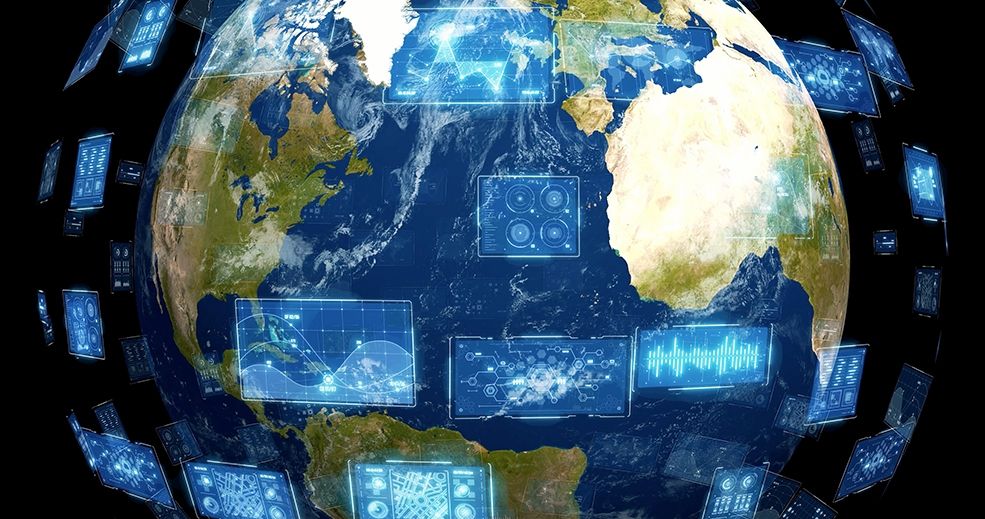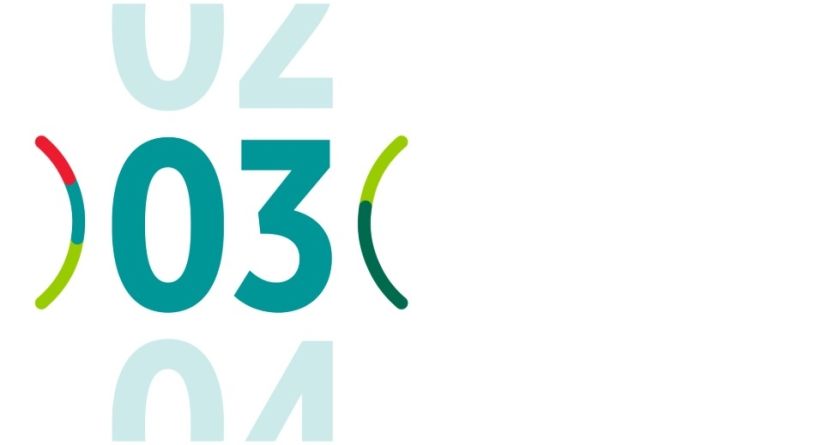
To date, we are not engaged in open armed conflict with Russia, though we are at very close to being co-belligerents. However, we are engaged in an economic war, a cyberwar, a war of standards and a war of values. And, unfortunately, we are close to being engaged in a culture war.
Each of these areas of conflict has not only its own time frame – for example, economic warfare will continue even if the military conflict is resolved – but also its own specific areas of uncertainty and insecurity. In reality, these various wars are all affecting the structure of the risks we face and our perceptions of them, in both time and space. New prohibitions are emerging and new risk premiums are being priced into prices and interest rates. However visible or brutal they may or may not be, these factors are also affecting short-, medium- and long-term investor strategy worldwide. We should no longer speak of a geopolitical “shock”, which subconsciously implies a return to normal, but rather of a change in the universe of risks and a paradigm shift. Shocks are no longer the exception: they are now the rule.
The triangle delineating a new space for investment and risk
In other words, these wars are redefining not only our investment space but also our zones of economic and financial security. Furthermore, the Russia-Ukraine war is only accelerating a pre-existing trend: in reality, the thinking about investment spaces and safe havens has been evolving ever since the US-China trade war, which highlighted the inevitability of technological decoupling in the most strategic sectors and regions – i.e. those that offer their holders the most power. This trend is manifesting in a variety of forms: US sanctions, investor self-censorship, bans on Chinese companies developing in the US, etc. The ensuing enforced redefinition of value chains – something Covid and climate transition have further reinforced – had already sounded the death knell of hyperglobalisation. The Russia-Ukraine war is merely accelerating all this and making it visible; whatever the outcome, it looks set to be another big driver of deglobalisation.
However, despite this acceleration and increased awareness, the redefinition of what constitutes acceptable areas of risk and opportunity is far from over. The process will take several years. In the short term, the ban on Russia has been put in place very quickly: what looked impossible in terms of investment (removing the “R” from “BRIC”) became possible in the space of just a few weeks. The role of reputational risk and the power of social media helped ensure that investors implemented this about-turn even more quickly that they might otherwise have done. In fact, while the large-scale withdrawal from Russia is undoubtedly partly the result of sanctions, it is also partly driven by reputational risk at a time when businesses are looking to take on board a new approach of responsible investment – the only kind of investment that will be able to respond to the aspirations of future generations. Human rights, so brutally flouted in this conflict, were already reshaping corporate strategy in the West; by creating a collective cognitive shock, the irruption of what has been seen as a neo-totalitarian discourse has merely speeded up the process. That said, Covid had prepared us for this situation, not only by pushing back the boundaries of what was thought possible but also by encouraging businesses to take the initiative in grappling with ethical issues.
The upshot is that geopolitics, the climate and ethical demands look set to constitute a triangle of forces that will mark out the bounds of possibility going forward. But let us be clear: this will reduce the scope of potential investments. Some painful choices are going to have to be made.
Geopolitical constraints will stem from great power politics
In concrete terms, how can we integrate geopolitics into our risk assessments and strategies and the decisions that flow out of them? This is going to be the big question over the next few years, and it’s a complex one. The answer will have to be articulated around an important methodological point: our thinking will have to start from the long-term perspective – i.e. the most decisive and long-lasting fundamentals that shape relations between states – so we can then work out what this means for individual industry sectors, businesses, politicians, business leaders and so on.
Remember also that the long-term geopolitical trend is not the same thing as the risk event itself; confusing the two is a mistake markets systematically make, with the result that they tend to overestimate short-term risk and underestimate long-term risk. For example, volatility peaks at each US election but quickly subsides again, as though the deep political polarisation in US society could be resolved in a single presidential term of office. So events tend to overshadow trends, leading to ongoing widespread confusion as to the very nature of what constitutes a geopolitical shock or geopolitical tension. For several years now, this confusion has condemned financial markets to fail to understand what is happening and put them at the mercy of wildly fluctuating volatility as expectations are pulled back and forth between one-off events and the longer-term cycle.
If we take a moment to apply this kind of top-down analysis to the current situation, we will see that our future investment space depends primarily on assumptions about the long-term global geopolitical scenario: a cold war, another iron curtain (however impermeable), a multipolar world, etc. This is the starting point for all strategic thinking. Another certainty is that this starting point will be rooted in great power politics, to which secondary powers will submit themselves. This is known as grand strategy, and it seems it will be characterised by three key priorities. First is the clash between the US and China, which was and must remain our underlying frame of thought. Second, the coming scenario is unlikely to be a cycle dominated by a single hegemonic power. China is, for the time being, too wrapped up in its own domestic problems (Covid, slowing growth, the real estate crisis, the reappointment of Xi Jinping) and the US can at best act as a leader of alliances. The grand scenario looks more likely to be made up of competing blocs… but which blocs? The situation is very fluid and many unexpected alliances could emerge. The third point will thus play a key role in defining the scope of alliances: the positioning of all countries and players relative not only to the US and China but also to a weakened Russia, whose sad new role as the West’s pariah will at least help sort out who is on which side.
Accepting uncertainty
The next stage is the trickiest: choosing our scenario. Cold war? An insular world? Imperialist thinking? Global fragmentation? We need to be aware that, for each of these scenarios, each of the players will apply their own forecasting methods as well as be influenced by their own biases in terms of personality, history, education or, quite simply, nationality. The high level of uncertainty only makes these biases and blind spots even more potent: once again, we see here Keynes’s famous “animal spirits”, which take over our choices at times of radical uncertainty. Moreover, these biases often subconsciously lead us to stretch our narratives and certainties too far and, above all, too fast. We must be careful not to try to write the global grand scenario too quickly lest we make grave investment errors.
In reality, the gears of geopolitics are turning but nothing is stable and all scenarios are more or less equally probable depending on how events – particularly military events – play out. This is Clausewitz’s famous fog of war. The international geopolitical balance has been well and truly upset, but this was already true before the Russia-Ukraine war. In fact, the shift we are seeing is highly dialectical: the current war is reshuffling the deck, but it is also happening precisely because the deck was already jumbled up and those actors least averse to military risk have understood this more quickly than democracies. Indeed, this disruption of the global balance is creating opportunities for imperially minded powers and reviving various local conflicts that appeared to be frozen. We had already seen signs of this in Turkey, Azerbaijan and India, among others.
As to the causes of this disruption of the global balance, if I might be allowed to sum up reams of political science in a few words, I would simply say that the hegemonic power (in the current cycle, the US) is no longer able to ensure the stability and security of the global system and is thus losing its legitimacy, bringing about a period of what is known as geopolitical recession, which is when powers and equilibria become fragmented at every level. This is the period we now find ourselves in, and it will last a while. And, while the Russia-Ukraine war might be one of the most terrifying manifestations of global geopolitical recession, it is unfortunately not the only one.







